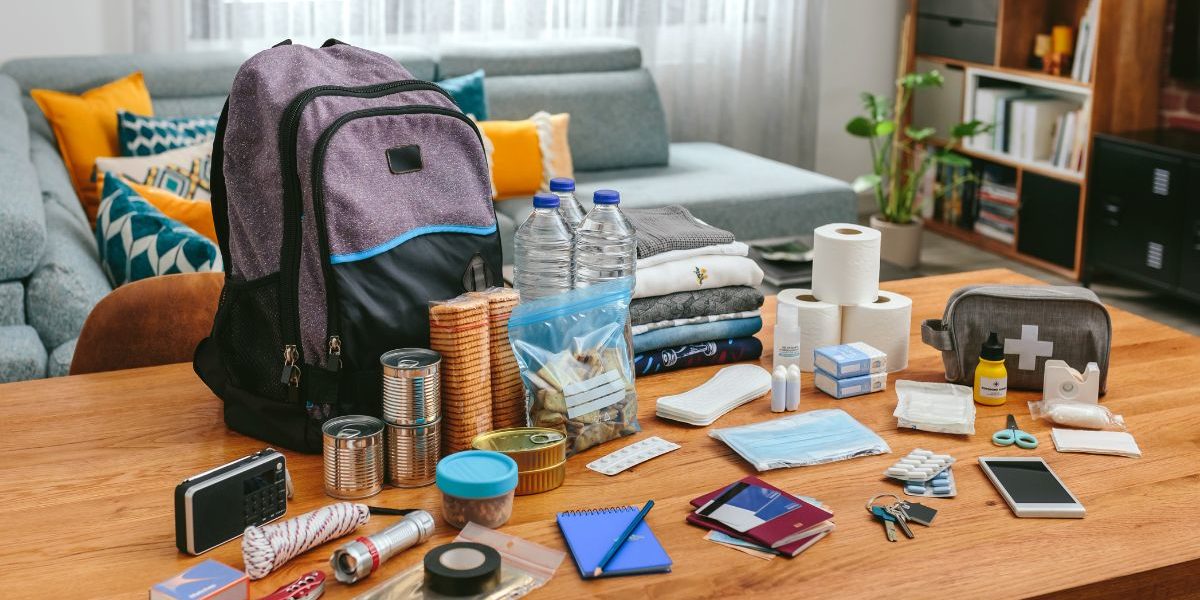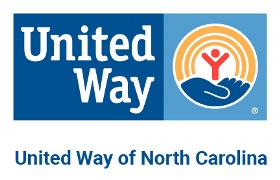It’s important to be prepared for natural disasters or emergencies, so you and your family can feel secure instead of afraid.
What kinds of disasters and emergencies should I be prepared for?
There are various emergencies that could affect North Carolinians, including hurricanes, tornadoes, floods, fires, severe weather, and more.
How will I know if there is an emergency/disaster in my area?
Sign up for emergency alerts. Public safety officials use systems to alert you when emergencies strike, including Wireless Emergency Alerts, NOAA Weather Radio, and Emergency Alert Systems.
How can I prepare for disasters and emergencies?
Know Your RisksUnderstand what types of disasters are common in your area by visiting your county’s emergency management website. It’s also important to understand your vulnerability to common disasters in your area, based on your specific circumstances.
Make a communications plan and prepare for evacuation and sheltering. This includes:
- Know local plans and resources – ask local officials about your community’s emergency preparedness plans.
- Make an evacuation and shelter plan – deciding whether to evacuate or shelter depends on what type of hazard you are facing and whether or not a shelter will keep you safe.
- Make an emergency supplies kit.
- Gather your valuables and important documents that will help you recover quickly after a disaster.
Be ready to face disasters by:
- Practicing your disaster plan ahead of time
- Signing up for emergency alerts
- Understanding your insurance coverage
- Keeping a detailed record of your valuables.
- Protecting your property by trimming trees, installing working shutters, creating a tornado safe room, etc.
- Volunteering or donating to local organizations.
CLICK HERE to read more tips.
What should older adults and people with disabilities consider when preparing for emergencies?
For older adults and people with disabilities, additional actions should be considered depending on the specific circumstance.
- Create a support network of people who can help during a disaster and keep them informed on where you keep emergency supplies.
- Plan ahead for accessible transportation by checking with your emergency management agency for available options.
- If you are on a life-sustaining medical treatment, know the location and availability of more than one facility that can help you.
- If you use medical equipment in your home that requires electricity, talk to your health care provider about what you may be able to do to keep it running during a power outage. You can also ask your power provider to put you on a list for priority power restoration.
- Wear medical alert tags or bracelets and, if you have a communication disability, consider carrying printed cards or storing information on your devices to inform first responders and others how to communicate with you.
- If you use assistive technologies, plan how you will evacuate with the devices or how you will replace equipment if lost or destroyed.
- Locate and access your electronic health records from a variety of sources by using the U.S. Department of Health and Human Services’ online tool.
For more information, click the links below:
- Individuals with Disabilities (Ready.gov)
- Emergency Preparedness for Older Adults (CDC)
- Disaster Preparedness Guide For Seniors and Caregivers
How can I prepare my pets for disasters?
If you have a pet, it’s important to include them in your emergency plan. Here are a few things to consider:
- Many public shelters and hotels do not allow pets inside. Know a safe place where you can take your pets before disasters and emergencies happen. If you are unable to take care of your pets, make sure you have a neighbor/friend/relative who is available as backup.
- Plan with neighbors, friends or relatives to make sure that someone is available to care for or evacuate your pets if you are unable to do so.
- Have your pet microchipped. Make sure to keep your address and phone number up-to-date and include contact information for an emergency contact outside of your immediate area.
- Make a kit for your pet, including food, water, medicine, pet carrier, etc.
For more information, click the links below:
Need more information?
If you didn’t find what you need on this page or need more information on local resources, dial 2-1-1 or 888-892-1162. Our call specialists are available 24 hours a day, 7 days a week.
Last updated 2/16/2022


